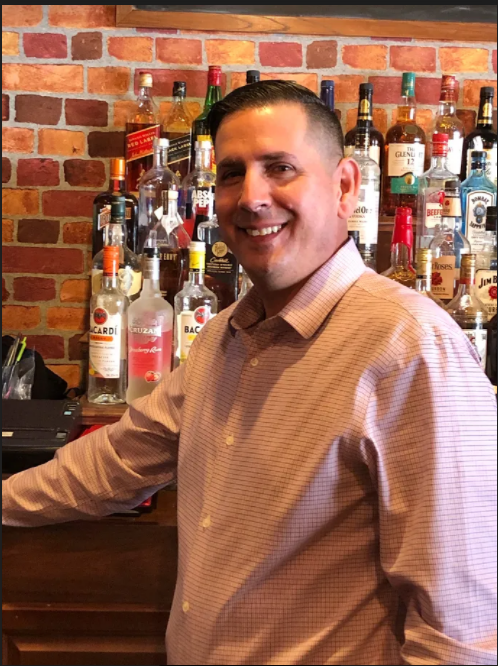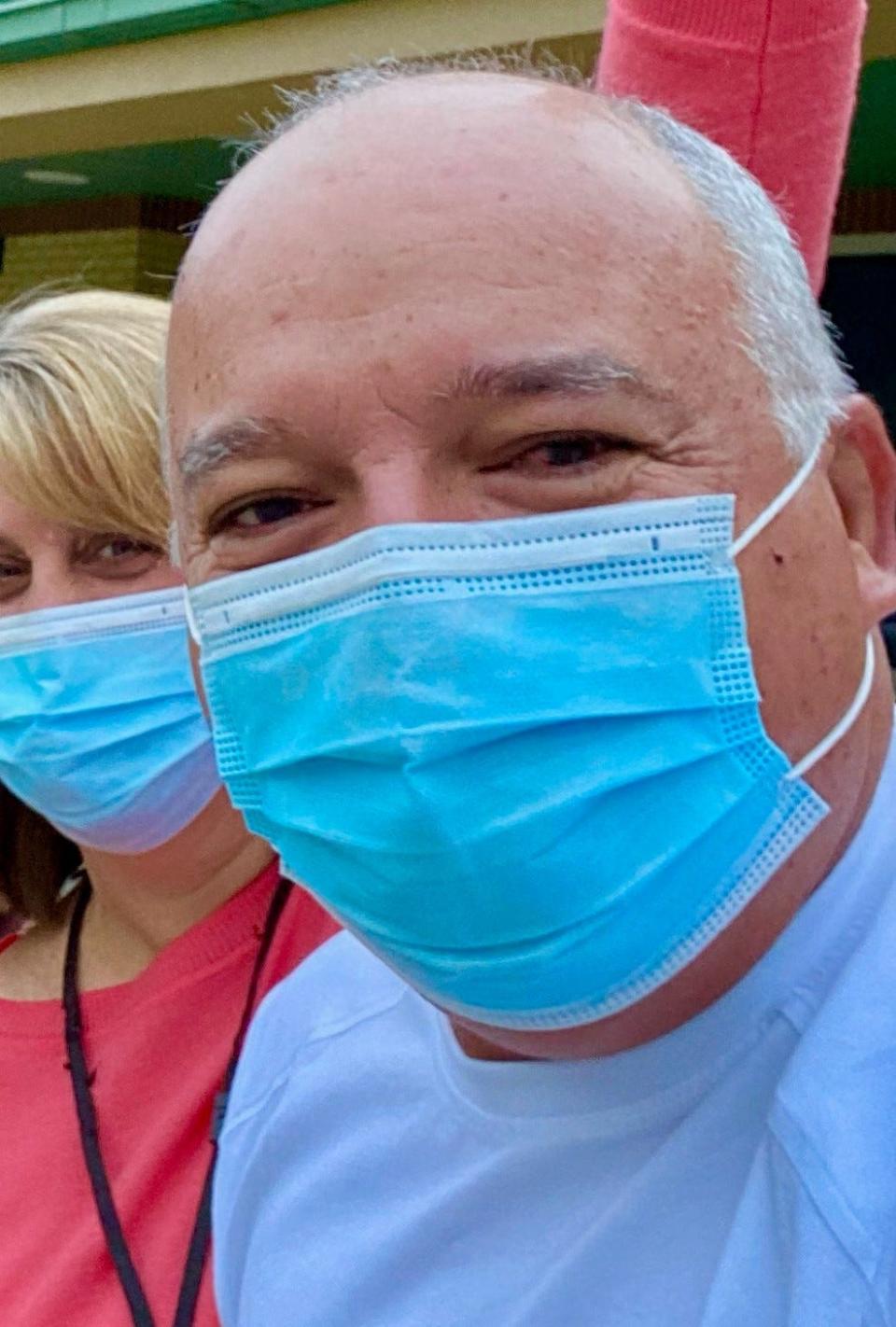Opinion: Louisville's Cuban population is growing. Here are 2 refugees' stories of triumph
When The Encyclopedia of Louisville came out in 1998, the entry for CUBANS (which I contributed) stated that their population around here was about 5,108. Since then, the stream of Cuban refugees to Louisville has grown to be a river.
As of 2016, the number of Cuban-born residents in Jefferson County stood at approximately 9,190, making it number 12 among American metropolitan areas. The migratory river keeps flowing, gaining volume as conditions on their home island keep worsening. The 2020 U.S. Census will show that many thousands more Cubans reside here now.
When I researched my encyclopedia entry, there was not a single Cuban restaurant in this notable foodie city. Today, according to the summer issue of Food and Dining: Louisville Edition, we have nine from which to choose.
The El Kentubano free monthly publication has fattened during the 12 years it has been available, mainly with advertisements from Cuban-owned enterprises from here to Lexington. The July issue weighed in at 92 pages.
Life in Kentucky: True love, college sports and political asylum. Why these people moved to Kentucky and stayed
My copy of El Kentubano came from Havana Rumba, the first eatery serving Cuban cuisine in the county. The man behind the restaurant, Marcos Lorenzo, came to the United States in 2000, and opened Havana Rumba in St. Matthews in 2004.
His aim was to offer diners “a celebration of the culinary genius of Cuba.” Havana Rumba was a success. Soon, Lorenzo branched out into a new concept, Mojito Tapas Restaurant in Holiday Manor, which caught on even more quickly, because by then, the gourmets and Hispanophiles in town knew all about Havana Rumba.

Lorenzo had a friend named Joel Toste. He arrived here in 1998, without many words of English in his vocabulary, but he didn’t need many to do a great job washing dishes at The Galt House.
Joel worked and saved and worked and saved and attended college classes in English and Business at Jefferson Community and Technical College, and worked more, and saved more... Lorenzo, knowing his friend was industrious, intelligent and thrifty, asked him if he’d like to invest in another location of Havana Rumba, this one at Douglass Loop on Bardstown Road in The Highlands. (That neighborhood is kind of a big deal.) Joel answered, “Por supuesto que sí!,” roughly translated as “Heck, yeah!” Havana Rumba and Tapas Bar boomed as soon as he put out the open sign.
That’s where students from Bellarmine University’s new Refugee Studies program recently celebrated the citizenship of our friend Jorge Castellanos.
He studied diligently, passed the notoriously difficult citizenship test and took his oath of allegiance at Fourth Street Live in a joyfully tearful ceremony on Sept. 4, when two dozen people from 14 nations all over the globe raised their right hands, while their families smiled and cheered.
More: Historic Cuba protests draw hundreds of Louisville supporters pushing for change
Jorge teaches English as a Bilingual Associate Instructor at Shelby Traditional Academy elementary school, which has a statistically diverse student body. He looks into the eyes of every refugee kid and sees himself, taking his first step onto U.S. soil in 2012, a grown man feeling like a child. That memory, he testified to the Refugee Studies students, was perhaps the happiest and most meaningful of his life.
Jorge discontinued his graduate studies just short of receiving his Ph.D. His adult daughter warned him that having his doctorate might ruin his chances of leaving Cuba; the government resists that sort of brain drain. He already had two Master's degrees; had taught school for 20 years, had served as Principal for three years and was Superintendent of Schools in the city of Holguín for another three years.

Upon arrival here, he worked in a factory. He yearned to be back in the classroom, to give of himself to young people, which educators do by instinct. Fortunately, his extensive resumé from Cuba qualified him to join the dedicated (and woefully underappreciated) ranks of JCPS teachers. (Full disclosure: my spouse, Dee Doyle, is one of them.)
Jorge’s students, who are lucky to have him as a teacher, and who must adore him (he is charismatic and kind), hail from every corner of this round world: Somalia, Sudan, Mexico, Honduras, Guatemala, the Dominican Republic, Haiti and of course, Cuba.
The night of our celebration, during a pause in the live music in the restaurant, which brings the ambiance of Havana to life in Louisville, Joel Toste briefly recounted his life story, as Jorge had earlier, back in the classroom down the street at Bellarmine. It struck me that those two men embody intense energy to achieve, which all refugees bring to this nation. I call it “Fugeenergy.” We could use more of it.

Eric Paul Roorda, Ph.D., taught at Bellarmine University for 25 years. His most recent books are Twain At Sea (U. of Chicago Press, 2018) and The Ocean Reader: History, Politics, Culture (Duke U. Press, 2020). His book Cuba, America and the Sea is available at a discount for Courier-Journal readers by contacting the author: eproorda@gmail.com
This article originally appeared on Louisville Courier Journal: Louisville's Cuban refugee population is growing. Here are 2 stories

